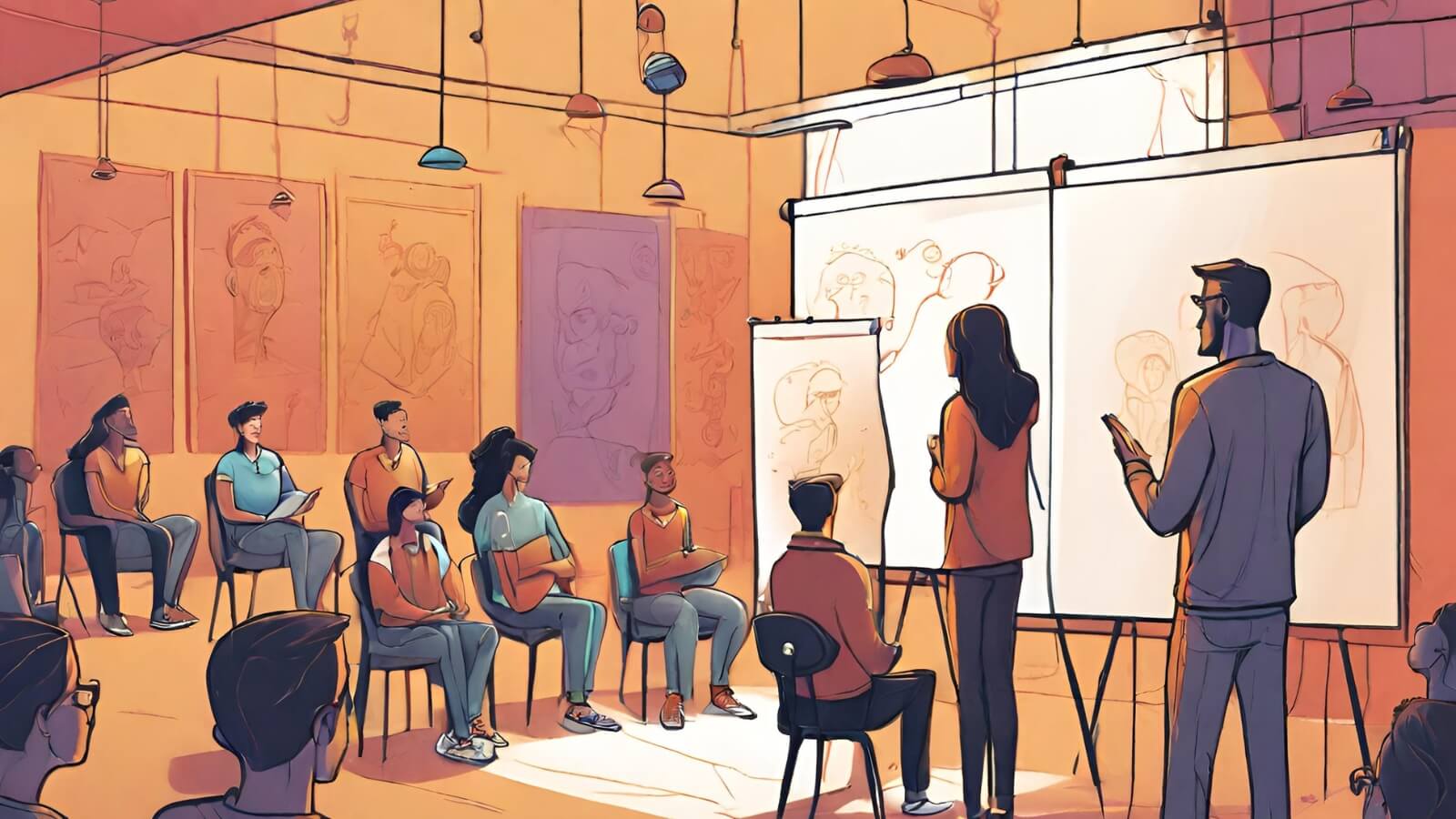Performance reviews focused on past accomplishments alone fail to identify real contributors. However, when future capabilities are discussed in addition to past accomplishments, real contributors can be correctly identified. ?In a performance review discussion, managers should discuss future attributes of performance first, setting the stage for a more honest, balanced conversation and minimizing the stigma and retaliation associated with negative feedback.
Future orientation is the degree to which individuals engage in future-oriented behaviors such as investment and development to prepare the workforce to meet future organizational needs. Now lets look at the three key elements of performance review and how to incorporate future orientation in them.
Capability
Broadly defined, capability is a strength or ability that has potential for development or use.? In the traditional performance reviews, the discussion hovers around how the employee has demonstrated capabilities in the past. In future oriented reviews, the focus shifts to how to work on these capabilities for future success and organizational needs. This prepares employee for future organizational and role needs. In order to make the discussion future oriented, you should start the performance review discussion by asking the employee about skills they wants to learn in the future. Thereafter talk about the skills the employee must learn and the development areas the employee needs to work on in order to continue to provide value in their current role. Once you are done with this, move on to discuss how the employee?s strengths can contribute to the organization?s vision and future goals. Remember the golden key is to motivate the employee to change a past negative behavior or an under-developed skill and discuss the outcomes if the employee changes their behavior.
Career Interests
Very broadly defined this encapsulates, employee?s plans and aspirations. In my experience, most of the managers discuss employee?s career in a separate conversation. In future oriented reviews, employees career and interests are an integral part of the discussion. The discussion focuses on whether career interests align with the direction of the organization and how these interests can be fulfilled in the future. This ensures that employee?s career interests fit with future role and organizational needs. Start the discussion by asking the employee about their future career interests and aspirations. After listening to them, discuss whether the employee?s future career aspirations align with the organization?s vision and purpose and, if not, then the two can be aligned.
You May Also Like To Read:?Why You May Hate Performance Reviews
Thereafter move on to discuss the possible career paths available to the employee given the organization?s vision and strategy for the future.? Lastly, in this section you should discuss how the career progression would look for at least two positions above the employee?s current position.? This gets them strongly glued to the organization; they can see a road map clearly.
Networking
In a highly interconnected world, where a lot of work is happening between virtual teams, networking is an employee?s ability to make useful connections and manage them effectively. In my experience most of the managers in traditional performance reviews discuss and deliberate on, how well the employee has worked with others in the past. In future oriented reviews, the focus shifts to what networks the employee should connect to for future success. This ensures that the employee is connected to the networks that are most useful for their future performance and organizational needs.
It is advisable to start the discussion by asking the employee about the types (role-related, process-related, etc.) of networks they are interested in being connected to, in order to fulfill their future career aspirations. Once you have listened to them, move on to discuss the types of networks the employee needs to be connected to, in order to be successful in the future roles and how the organization can help in connecting them. Offer them support by bringing to the table, peers and senior leaders who could have a positive impact on the employee?s future performance as mentors and coaches. From my experience employees, love this bit. Lastly, it is always best to leverage what?s on hand, don?t forget to discuss the employee?s current networks and how they can contribute to a high level of future performance.
Assessment focused on past performance alone limits employees to reacting to the past rather than ensuring their success in future roles. Assessing future capability and career alignment gives you a more accurate understanding of your employees? abilities to meet future business needs and enables you to proactively address any anticipated gaps.
Jappreet Sethi











Important subject and nicely presented
Thank you